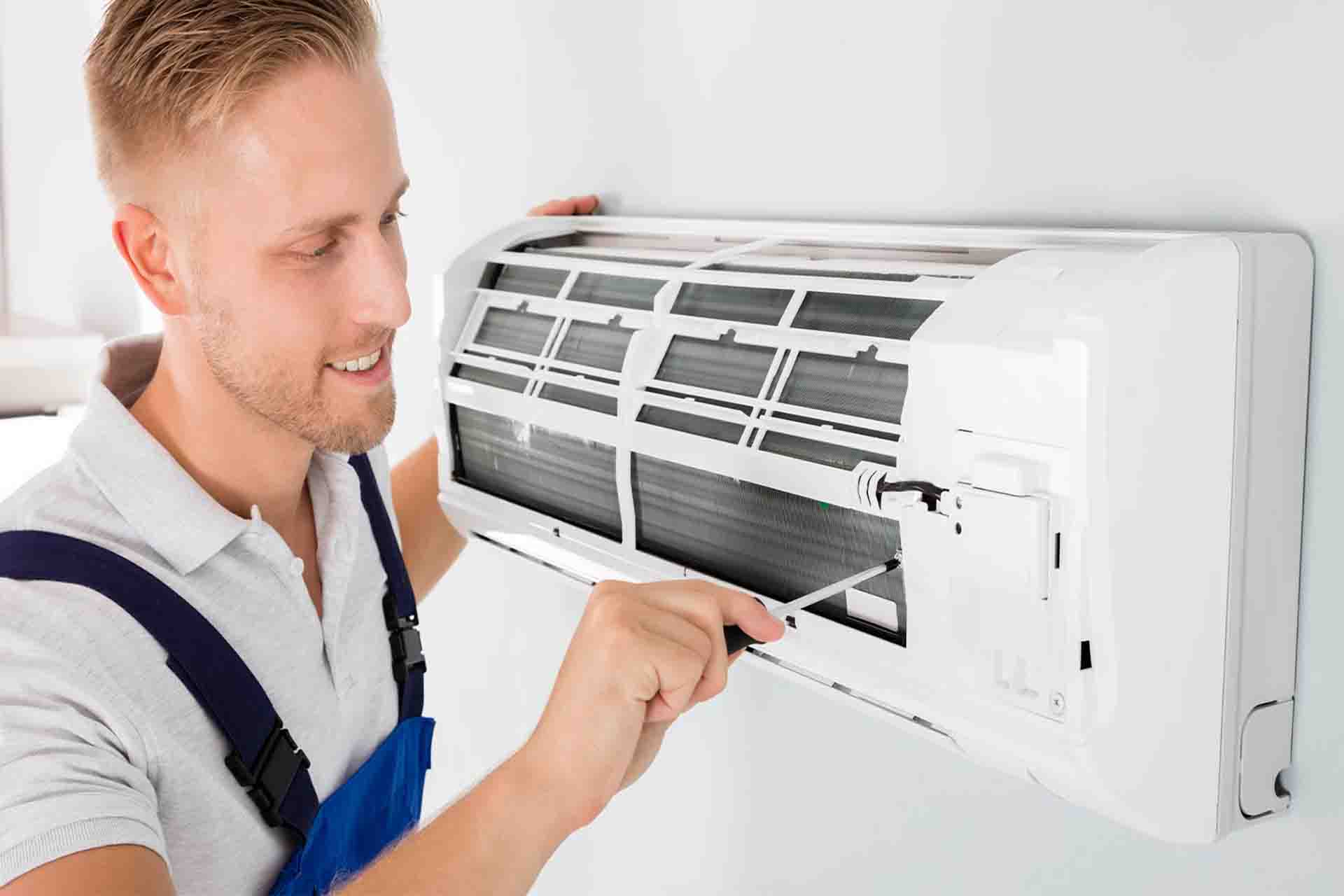Frequent HVAC Issues plus How to Resolve These Problems

Understanding HVAC units can feel intimidating, especially for individuals unfamiliar to house upkeep. HVAC refers to Heating, Ventilation, plus Air Conditioning, which it plays a vital role in maintaining your home environment pleasant throughout year-round year. Whether it's the swelter of summer or the biting chill of the winter months, a properly functioning HVAC system is crucial for maintaining a cozy living space. This article, we’ll discuss frequent issues with HVAC systems and offer you some useful solutions to maintain your system operating efficiently.
Numerous homeowners may not understand the significance of routine HVAC maintenance until problem develops. Including strange noises to fluctuating temperatures, these issues can result in increased energy bills and costly repairs if not addressed quickly. By air conditioning repair with frequent HVAC issues and discovering how to address them, you can save both time and money while keeping your home is a comfortable sanctuary. Let’s dive into common HVAC challenges and explore effective ways to resolve them.
Understanding HVAC Systems
HVAC, which stands for heating, ventilation, and air conditioning, is a system intended to regulate the indoor climate of residential and industrial spaces. By modulating temperature, humidity, and air quality, HVAC systems keep settings comfortable year-round. These systems consist of various components, including furnaces, air conditioners, ductwork, and thermostats, all functioning in unison to provide effective heating and cooling solutions.
The functioning of an HVAC system depends on three core elements: heating, ventilation, and air conditioning. The heating component usually employs a furnace or heat pump to elevate the temperature of the air during frigid months. Ventilation involves the exchange of indoor air with fresh outdoor air to enhance air quality. The air conditioning part lowers the temperature of and reduces humidity in the air, creating a comfortable atmosphere when temperatures rise. Grasping how these elements work together is important for successful maintenance and operation.

Consistent maintenance of HVAC systems boosts performance but also increases their lifespan. Easy tasks including replacing air filters, cleaning ducts, and scheduling seasonal tune-ups can greatly boost efficiency and cut energy costs. Overall, a well-maintained HVAC system promotes a healthier living environment, ensuring that air quality is ideal and comfort is enhanced, regardless of the season.
Typical HVAC Issues and Resolutions
One of the most frequent issues homeowners encounter with their HVAC systems is poor heating or cooling. This issue can often arise from a contaminated air filter, which restricts airflow. Regularly inspecting and changing air filters every 1 to 3 month intervals can assist maintain proper airflow and improve system efficiency. Additionally, inspecting and cleaning the outdoor condenser unit can boost cooling performance during hotter months, ensuring your system works effectively.
Another common problem is strange noises emanating from the HVAC unit. These noises can indicate worn parts, worn bearings, or debris in the system. If you hear banging, screeching, or clicking sounds, it’s important to address them promptly. Checking the unit and looking for any visible issues is a good start, but if the problem continues, calling a qualified technician for a thorough inspection might be necessary to avoid further damage.
Finally, excessive cycling of the system can point to an issue known as short cycling, where the HVAC unit turns on and off excessively frequently. This can be caused by factors like an oversized unit or a malfunctioning thermostat. To resolve this, ensure that the thermostat is correctly calibrated and consider consulting with an HVAC professional to assess whether your system is properly sized for your home. Keeping an eye on these common issues can help extend the lifespan of your HVAC system and improve its performance.
HVAC Maintenance and Performance Tips
Regular maintenance is crucial for keeping your HVAC system operating effectively and optimally. Begin by changing your air filters every 1 to three months, as clogged filters can block airflow and cause the system to function harder, resulting to higher energy bills. In addition, schedule annual expert inspections to identify any possible issues before they escalate. This preventive approach guarantees your system remains in optimal condition and can prolong its lifespan.
Keep your outdoor unit clear of obstructions, such as tree leaves and dirt. This not only improves airflow but also stops your system from overheating. It's also crucial to check your insulation, especially around ducts and tubing, to minimize energy loss. Proper insulation keeps your home cozy while reducing the strain on your HVAC system.
Utilize programmable thermostats to enhance heating and cooling schedules based on your lifestyle. These devices can significantly cut energy consumption by adjusting temperatures automatically when you are not home. Furthermore, consider upgrading to energy-efficient models and features, such as adjustable-speed motors and smart zoning systems, which can improve comfort while lowering your energy bills over time.
